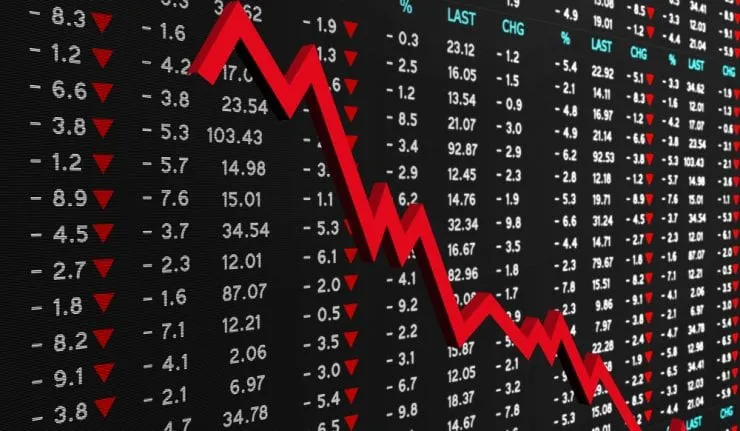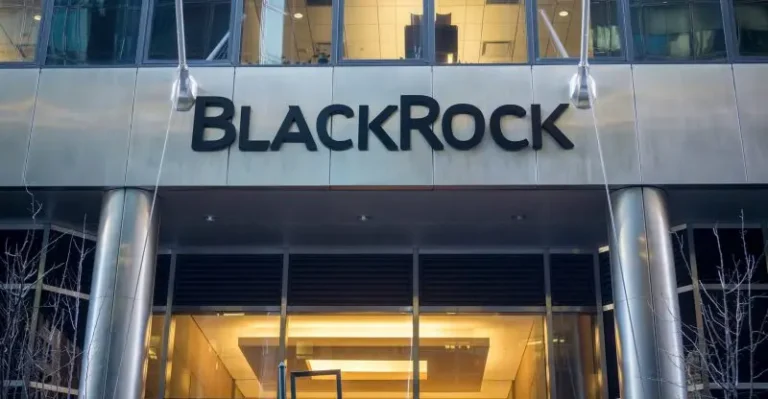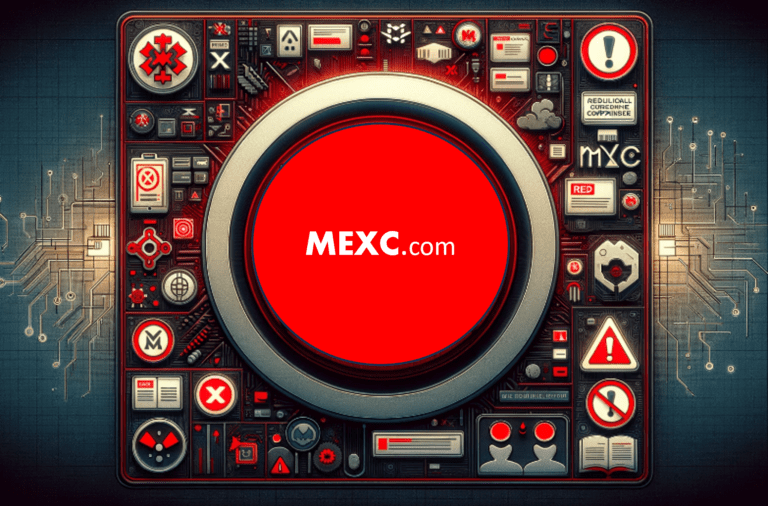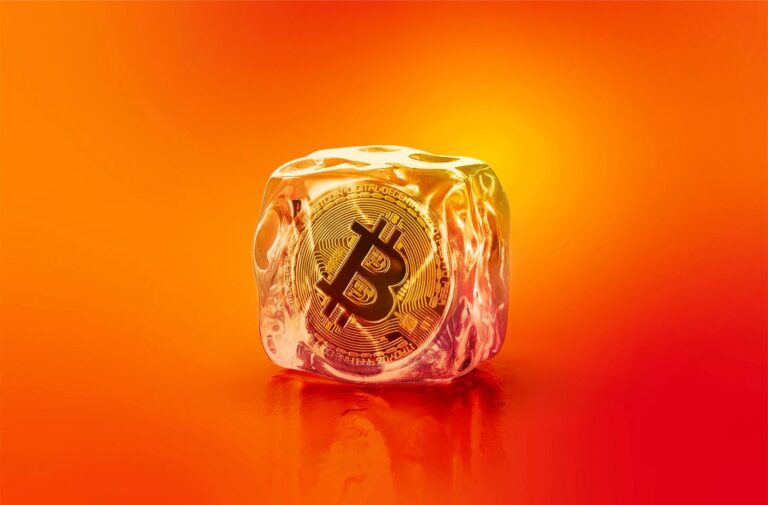In an unexpected turn of events that sent shockwaves through the financial markets, New York Community Bank’s stock ($NYCB) experienced a precipitous decline, plummeting over 40% in a single trading session. This dramatic downturn led to an immediate halt in trading, with the announcement that the bank’s stock has been suspended pending further news. This development has left investors and market observers on edge, eagerly awaiting more information.
The Catalyst Behind the Crash
While specific details regarding the cause of the stock’s drastic fall remain undisclosed, such a significant drop typically signals underlying issues or concerns that may have come to light. Possible factors could include financial instability, regulatory concerns, or significant changes in the bank’s operational landscape. The pending announcement from New York Community Bank is highly anticipated, as it is expected to provide crucial details that could explain the sudden downturn.
Market Implications
The crash of New York Community Bank’s stock has broader implications for the financial sector, particularly for banks of similar size and scope. Investors and analysts are closely monitoring the situation, as it could indicate emerging challenges within the banking industry or the economy at large. The halt in trading serves as a pause for stakeholders to assess the situation and prepare for the potential ramifications of the forthcoming news.
Investor Sentiment and Future Prospects
The immediate impact on investor sentiment has been notably negative, with concerns over the stability and future prospects of New York Community Bank. However, the long-term effects will largely depend on the nature of the announcement and the bank’s response to the crisis. A comprehensive and transparent explanation from the bank, coupled with a viable strategy for addressing any underlying issues, could help to mitigate the negative impact and restore confidence among investors.
What’s Next for New York Community Bank?
As the financial community waits for more information, the focus is on how New York Community Bank will address this unprecedented challenge. The forthcoming announcement is not only crucial for the bank’s stakeholders but could also serve as an indicator for the health of the banking sector and the resilience of financial institutions in facing sudden adversities.
In the meantime, the suspension of trading provides a momentary pause, allowing the market to stabilize and preventing further immediate losses. This period is critical for the bank to formulate a response that addresses the concerns of investors, regulators, and customers alike.
For ongoing updates and detailed analysis, stakeholders are encouraged to follow reputable financial news sources and stay tuned for the official statement from New York Community Bank.
This situation highlights the volatile nature of the financial markets and the importance of robust risk management and transparency in maintaining investor trust and market stability.













